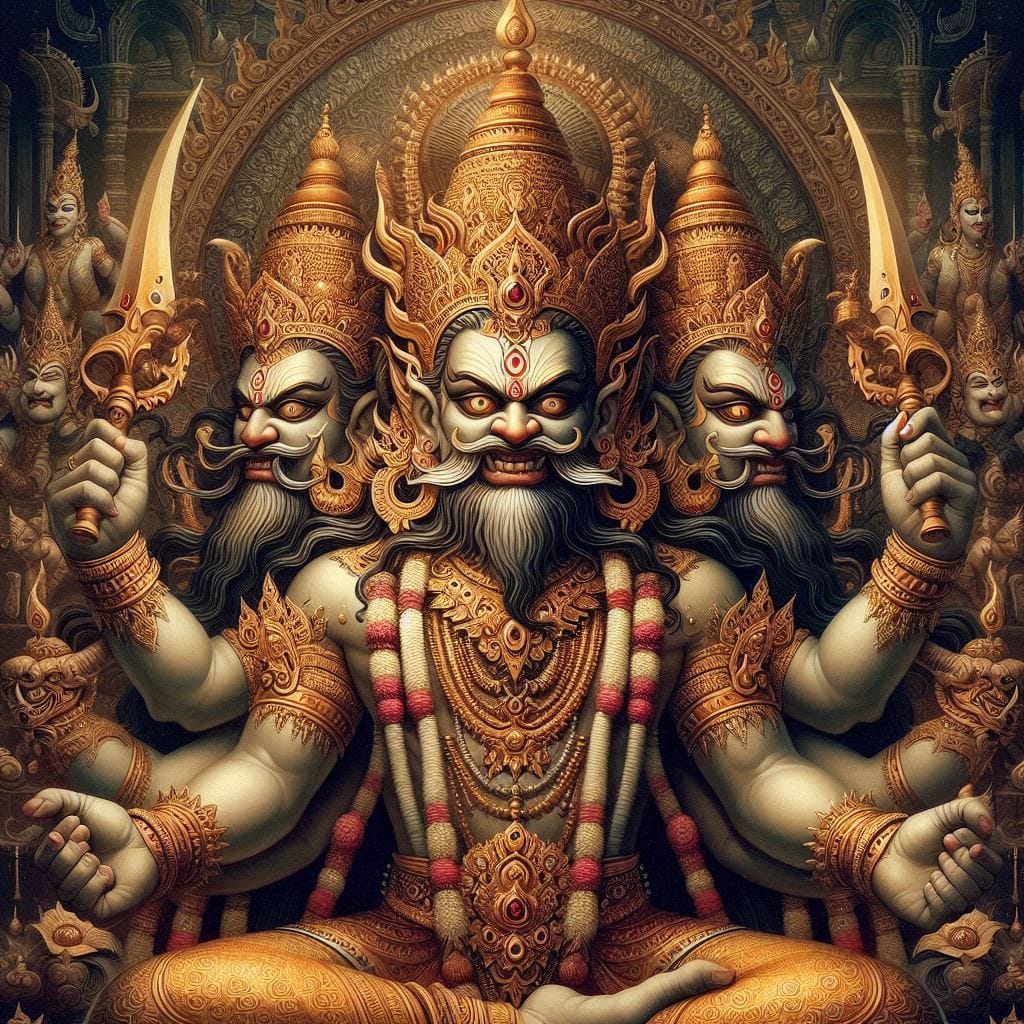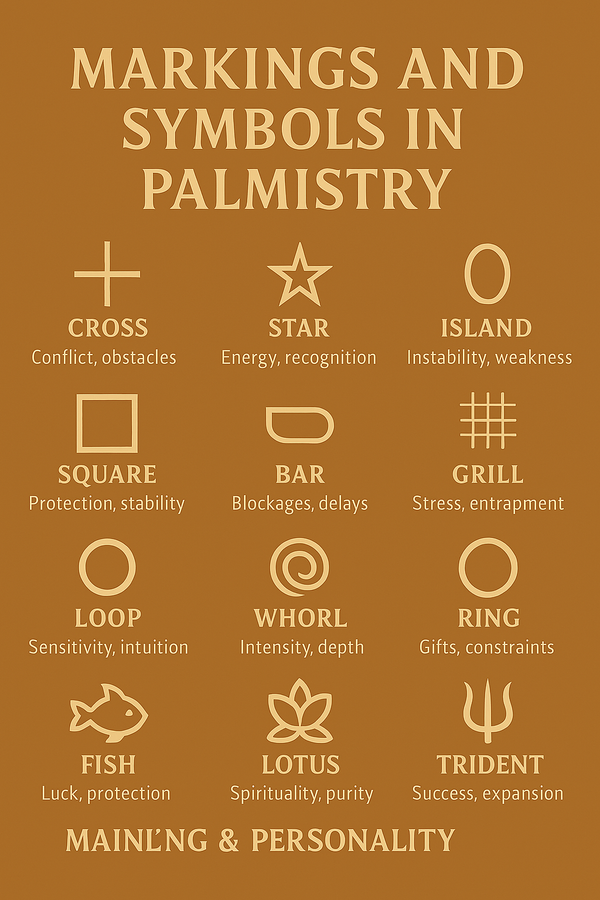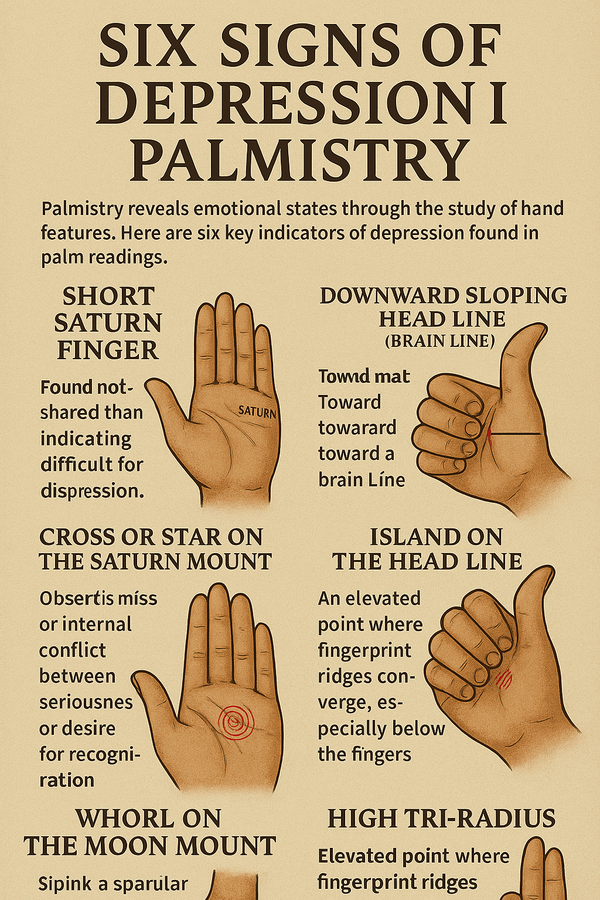Veda - Yama: The Judge of Men and Guide of the Departed
In Vedic mythology, Yama, the deity presiding over the realm of the dead, guides souls and maintains cosmic order. Explore his origins, justice, and enduring legacy. #occultsanctum #Yama #VedicDeities #Hindu #Mythology #Veda

In ancient Vedic lore, Yama emerges as a figure both formidable and compassionate—a deity who presides over the realm of the dead and guides souls safely to their eternal abodes. Revered as the judge of men and the sovereign of the unseen world, Yama’s multifaceted character has evolved over time, weaving together themes of justice, mortality, and the promise of renewal.
Origins and Primeval Bonds
Yama is traditionally described as the son of Vivasvat (the sun) and Saranya, the daughter of Tvastri, the divine craftsman. In some traditions, he is even said to have been born before his mother, a detail that hints at his unique and ancient nature. Yama’s twin, Yami, holds an equally significant place in early mythology. Some scholars suggest that the pair represents the original human couple—from whom all mortals have descended—while others view them as symbolic of the contrasting cycles of day and night, or even the warm currents of rising air and the cool breezes of night.
An enduring myth tells of Yami’s proposal for marriage, invoking the idea that the sacred union forged by Tvastri in the womb could not be denied. Yet Yama, steadfast in his commitment to righteousness, resisted her overtures on the grounds that even the divine must uphold the moral order. This interplay of union and resistance encapsulates the complex nature of these primeval deities.
The First Mortal and the Guide to Eternity
Yama holds the solemn distinction of being the first mortal to die, a status that endowed him with the secret of the passage to the other world. As the original traveler of this mystical path, he became the eternal guide for souls departing the earthly realm. In his celestial kingdom—a realm suffused with radiant light and divine harmony—Yama offers a secure, blissful home to the pious.
Here, the departed are reunited with loved ones, whether it be husband and wife, children and parents, or even long-lost ancestors. In this realm, the pleasures of life continue in a sublime, untainted form, a place where the bonds of affection are honored and sustained. The journey to this final abode is often described in poetic terms, promising the restoration of one’s ancient, perfect form and the joy of reuniting with a host of divine and heroic figures.
Symbols of Transition and the Ritual of Passage
Although the Rig-Veda does not portray Yama as a punisher of the wicked, later texts have imbued him with the authority to judge souls. Traditionally, Yama is envisioned as guarding the path to his luminous realm with two insatiable, almost otherworldly dogs—creatures of four eyes and keen senses that demand haste from those crossing their path. These enigmatic hounds are sometimes seen as messengers, summoning mortals to their inevitable meeting with death.
During the cremation rites, prayers are offered not only to honor the deceased but also to ensure that the departed’s journey is unhindered. Fire, embodied by Agni, is invoked to cleanse the body, allowing the soul to ascend free of earthly imperfections, and to meet its forefathers in a place of eternal light and joy.
These verses not only pay tribute to Yama’s pivotal role but also offer comfort to those left behind, assuring them that every pious deed is remembered and rewarded.
Yama in Later Traditions: Justice and Compassion
In later Hindu mythology, particularly within the Purānas, Yama assumes a dual role as both judge and punisher. Here, he is depicted as presiding over numerous hells where the wicked face retribution, while the virtuous are guided toward Swarga, the celestial realm. Yama’s meticulous record-keeping—often carried out by Chitragupta, the divine recorder—ensures that each soul receives its due reward or punishment.
Despite these darker associations, popular imagery of Yama also portrays him in a more accessible light. Often depicted as a green-skinned figure adorned with red garments, a crown, and a flower in his hair, he is shown riding a buffalo and carrying a club. Annual and daily rituals—such as offerings by unmarried girls seeking a husband and the pouring of water in his honor—reflect the continuing cultural reverence for Yama as both a guardian and a balancer of fate.
The Tale of Savitri: A Testament to Devotion
One of the most celebrated stories involving Yama is that of Savitri and Satyavān. In this poignant myth, the devoted princess Savitri defies fate itself when her husband, doomed to die within a year, faces the inevitable call of death. Accompanying him on his final day, Savitri confronts Yama, pleading for her husband’s life with unwavering determination. Moved by her steadfast love, Yama ultimately relents, releasing Satyavān from his grasp. This tale has come to symbolize the power of love, devotion, and righteous appeal—even in the face of death.
Many Names, One Divine Judge
Over the ages, Yama has been known by a multitude of names, each reflecting an aspect of his vast responsibilities:
- Dharmarāja: King of righteousness.
- Pitripati: Lord of the fathers.
- Samavurti: He who judges impartially.
- Kritānta: The finisher.
- Samana: The leveller.
- Kāla: Time.
- Dandadhara: He who carries the rod.
- Srāddhadeva: The god of funeral ceremonies.
- Vaivasvata: Son of Vivasvat.
- Antaka: He who puts an end to life.
Each of these titles underscores Yama’s central role in maintaining the cosmic order—ensuring that the cycle of life, death, and rebirth unfolds in harmony with divine justice.
Conclusion
Yama remains one of the most intriguing and enduring figures in Hindu mythology. As the first to traverse the threshold of mortality, he stands as a compassionate guide to the departed, a rigorous judge who ensures that every soul receives its rightful destiny, and a symbol of the eternal cycle of renewal. Whether approached as the benevolent guardian of a celestial realm or as the stern arbiter of karmic retribution, Yama’s legacy continues to inspire awe, respect, and a deep understanding of life’s impermanence—and the promise of what lies beyond.


